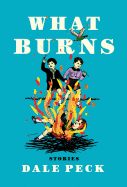Notes from New York Comic Con
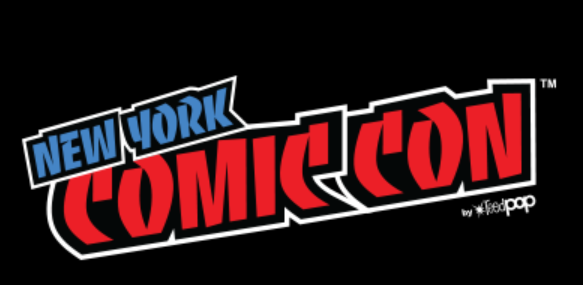
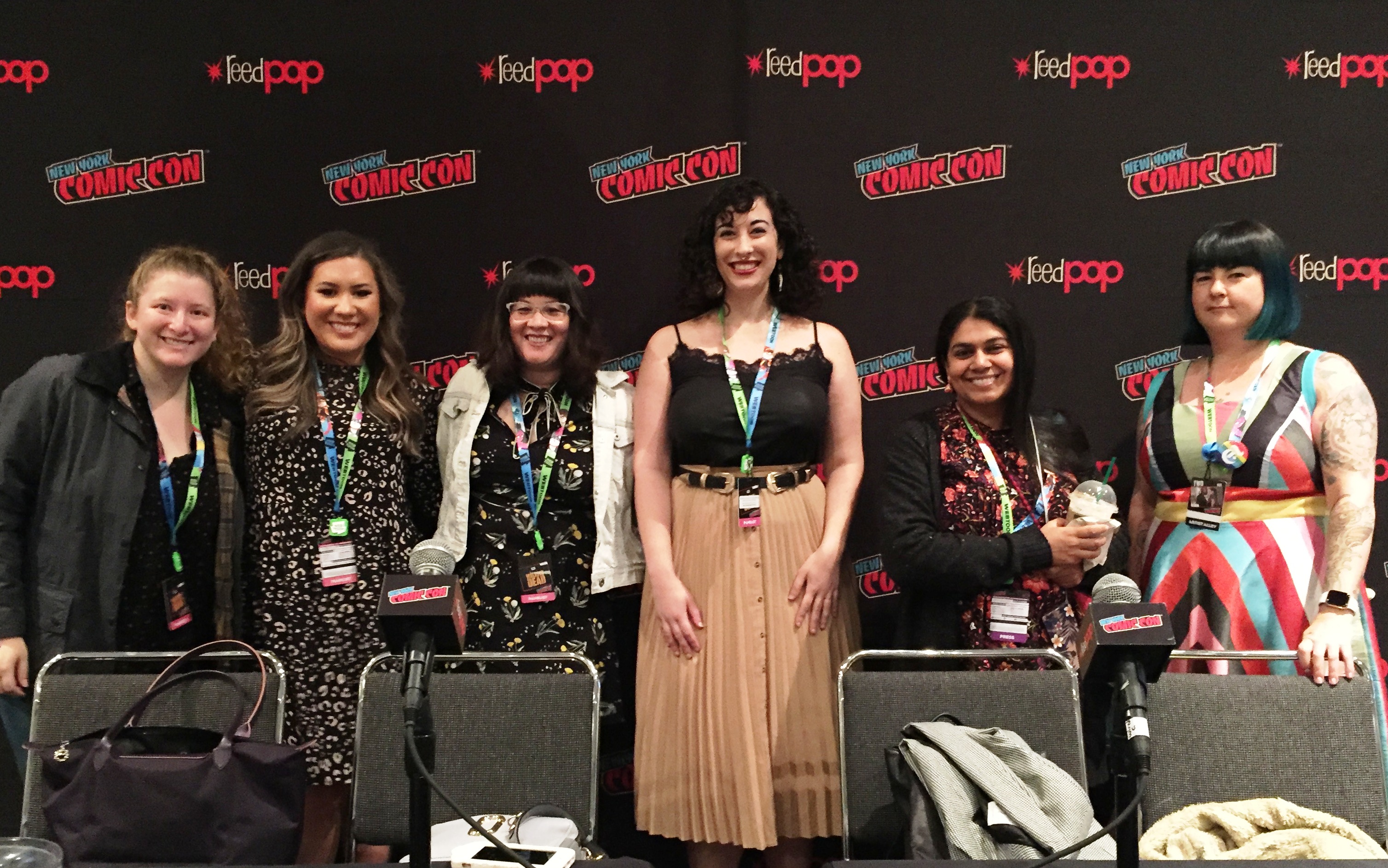 |
|
| Lily Herman, Renée Ahdieh, Sarah Kuhn, Rosemary Valero-O'Connell, Sona Charaipotra and Mariko Tamaki | |
On Saturday morning, moderator Lily Herman (Refinery29 contributing editor) chatted about the romance genre with creators Renée Ahdieh (The Beautiful, Putnam), Sarah Kuhn (Heroine Complex, DAW), Sona Charaipotra (Symptoms of a Heartbreak, Imprint) and Rosemary Valero-O'Connell and Mariko Tamaki (Laura Dean Keeps Breaking Up with Me, First Second) in a panel titled "Is This a Kissing Book?" The panelists discussed the craft of the romance novel and their own personal experiences writing the genre for teens and adults. Ahdieh suggested that a romance writer is trying to achieve for the reader "that feeling around your heart where something tightens when you read it." "When it's done really right," Kuhn said, "you're tortured by the book." Discussing Happily Ever Afters, Happily for Nows and True Love Always, the group chatted about their personal fandoms and favorite ships, and Tamaki said, "I think everybody who writes should be a nerd." Immediately following this panel, Herman did a one-on-one interview with author Marie Lu, whose Rebel (Roaring Brook Press), the final book in her bestselling Legend series, was recently released.
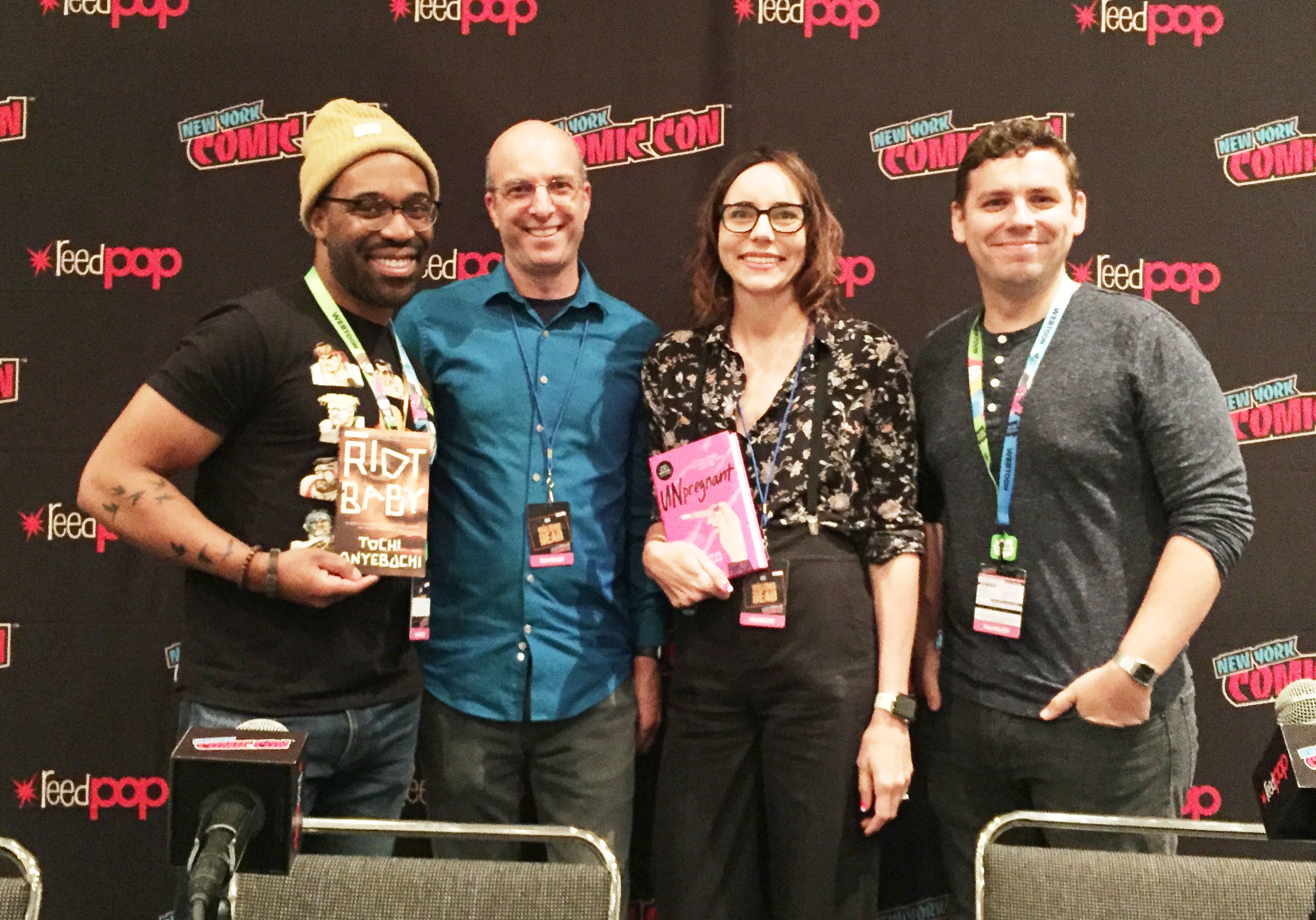 |
|
| Tochi Onyebuchi, Ted Caplan, Jenni Hendriks and Max Brallier | |
Later Saturday morning, authors Tochi Onyebuchi (Riot Baby, Tor, January 2020), Ted Caplan and Jenni Hendriks (Unpregnant, HarperTeen) and Max Brallier (The Last Kids on Earth and The Midnight Blade, Viking) spoke about their experiences writing "From the Screen to the Page." Brallier suggested that he "only figured out how to structure books after [he] figured out how to structure a movie." Hendriks and Caplan, who are both screenwriters, explained that, as Hendriks put it, the main difference between writing for the screen and writing books is that "you can use all the words in a book!" And Onyebuchi left the aspiring writers with a piece of advice he was given that he will never forget: "Fail brilliantly."
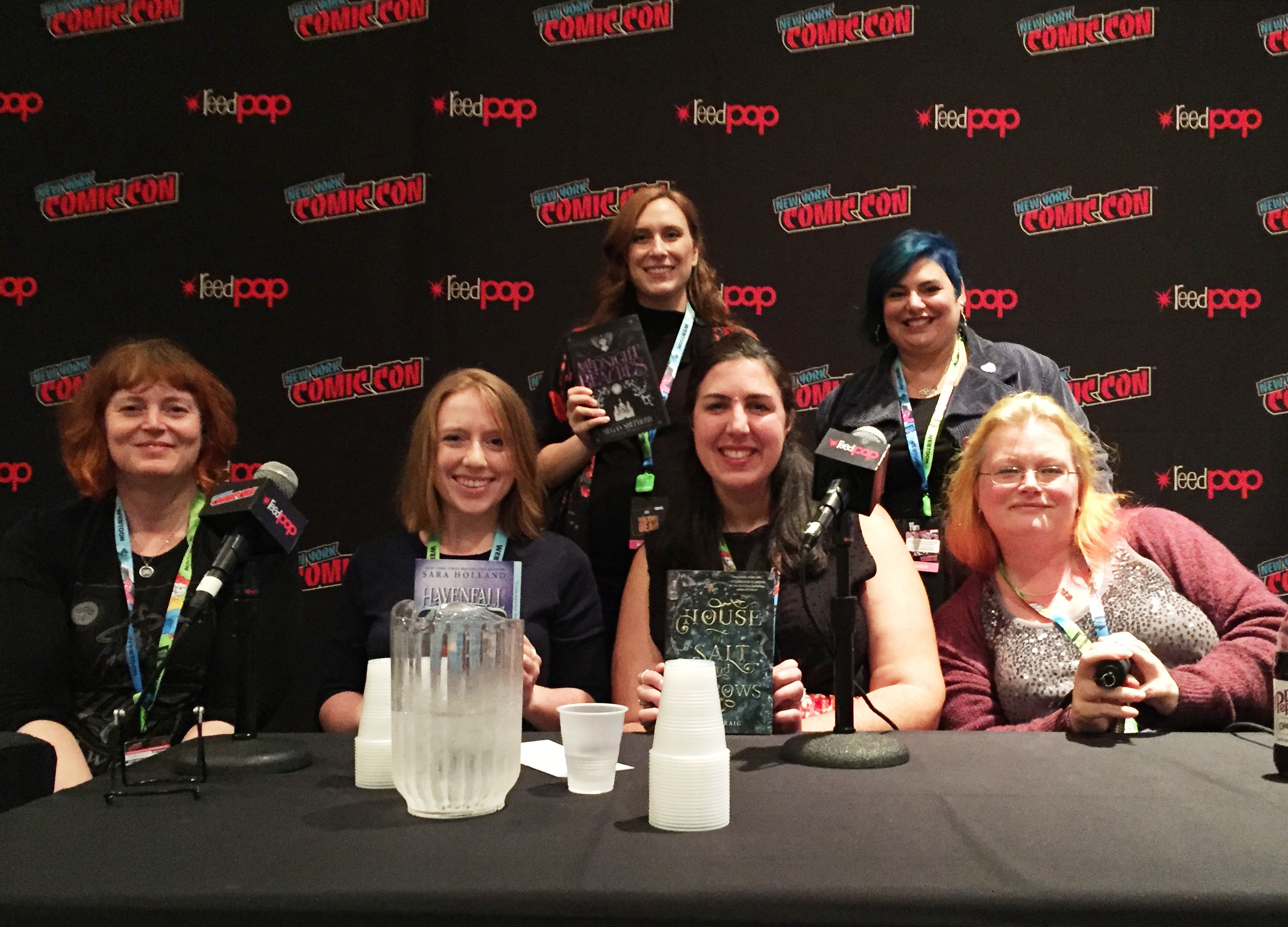 |
|
| Petra Mayer, Sara Holland, Megan Shepherd, Erin A. Craig, Holly Black and Seanan McGuire | |
On Sunday morning, NPR Books editor Petra Mayer talked about fairies, fairy stories and fairy tales with authors Sara Holland (Havenfall, Bloomsbury), Megan Shepherd (Midnight Beauties, HMH), Erin A. Craig (House of Salt and Sorrows, Delacorte), Holly Black (Heart of the Moors, Disney-Hyperion) and Seanan McGuire (Come Tumbling Down, Tor). McGuire set the tone of the conversation, explaining to the audience that "fairies would straight up cut a b*tch" or perhaps turn a person "into an equal volume of spiders," noting that even Tinkerbell was "a murderous little brat." Taking a deep dive into the how and why of writing about fairies, the panelists discussed origin stories, their attraction to the world of fairies and Faerie itself as "an ecosystem" (Black). McGuire left the attendees with a strong piece of advice: "It is courteous to leave a bowl of milk on the doorstep; it is stupid to set up a fairy door in the nursery."
Kuo-Yu Liang, ReedPOP's global director of business development, noted that "different people come here for different reasons. Some people just want to wander. Some people want to go to artist alley and spend eight hours a day talking to artists and buying art. Some other people may just want manga. Others may say, 'I don't read at all,' and want to only meet movie stars. It's a different show for different people. And we have to provide a road map for all of those people. We've spent a lot of extra effort [to make the show feel more welcoming] this year, too. More multicultural, working with ADA--you'll notice a lot more people in wheelchairs doing cosplay this year. It's great! And every year we ask ourselves how to do it better next year." --Siân Gaetano, children's and YA editor, Shelf Awareness











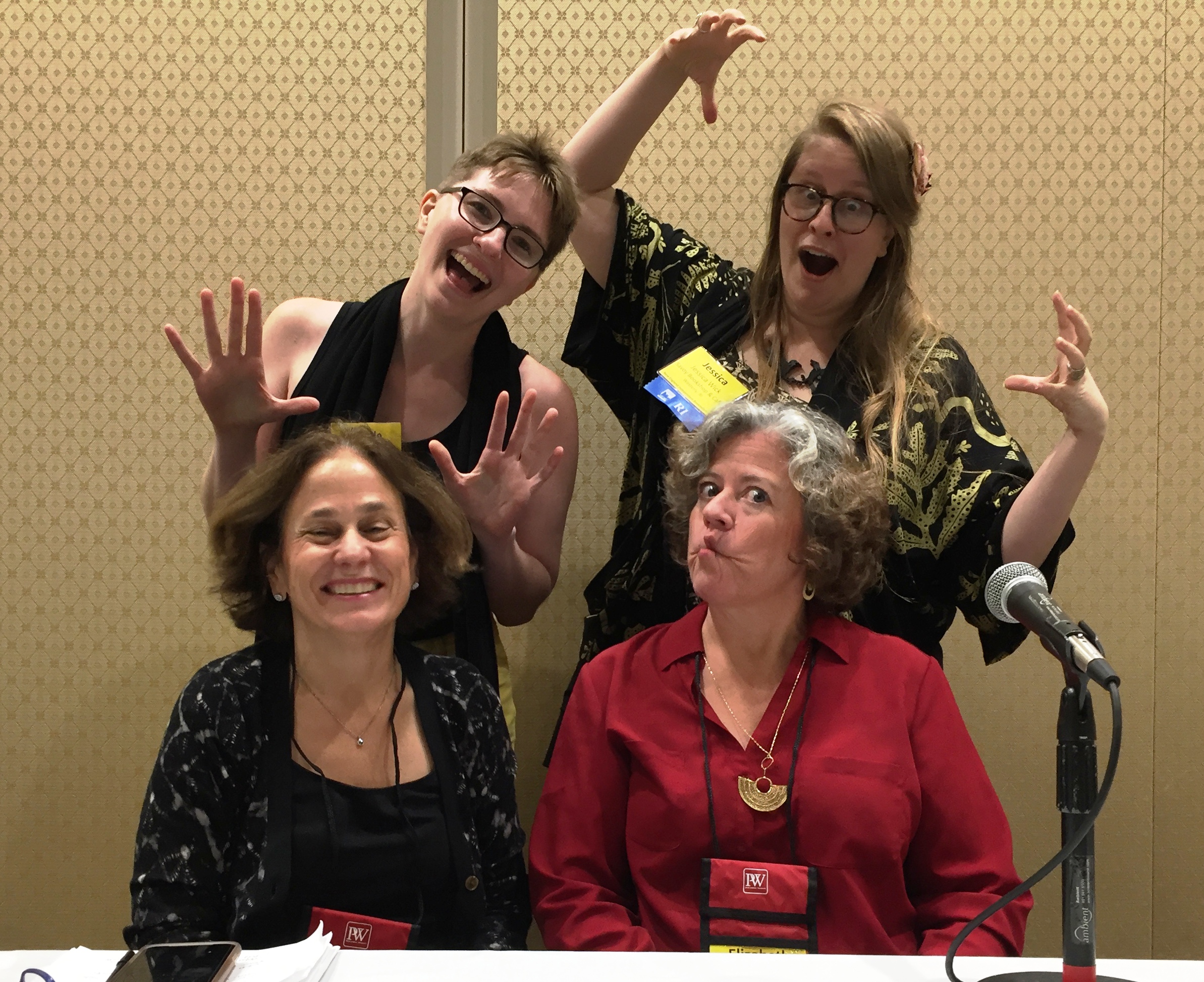
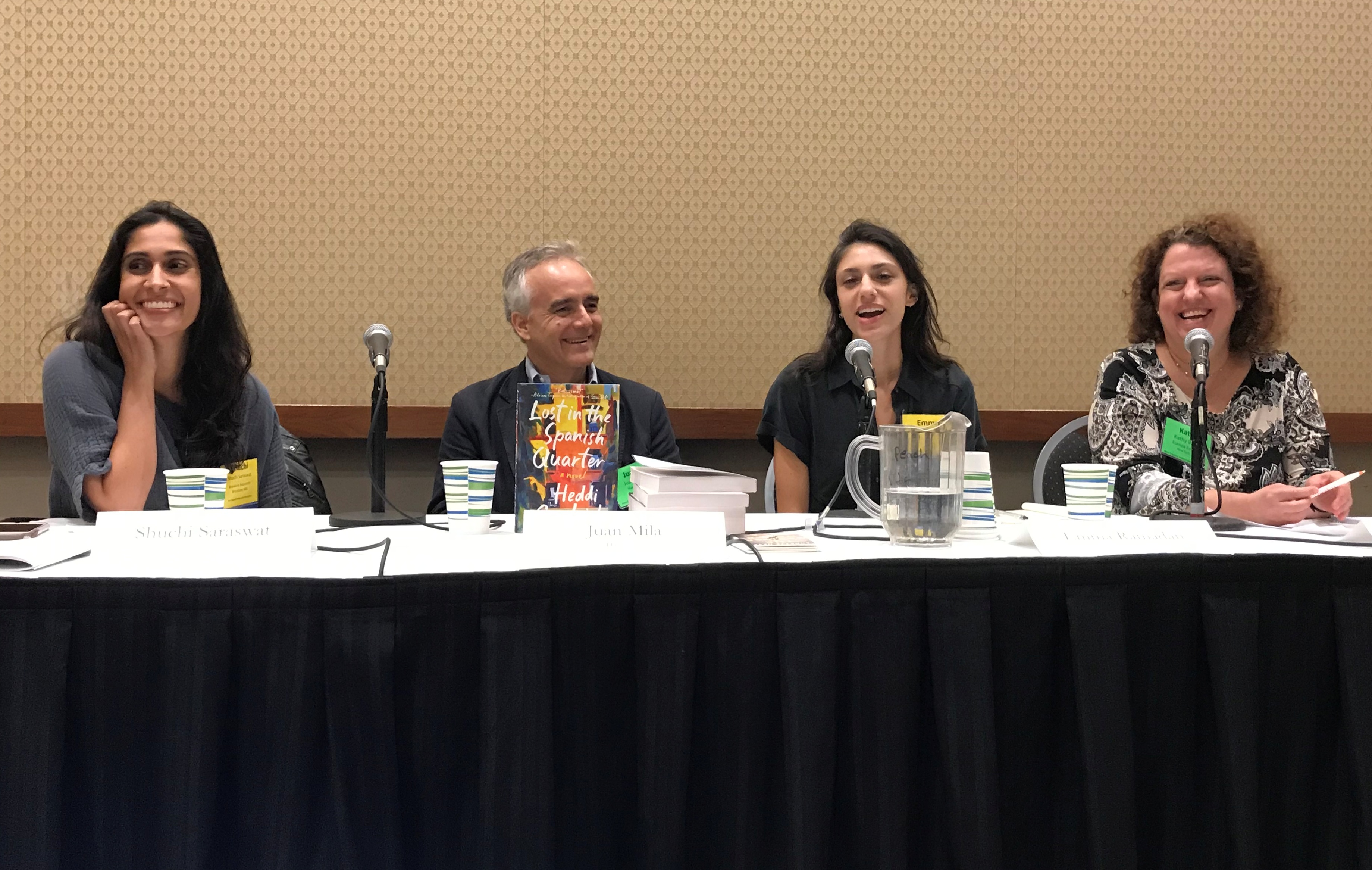

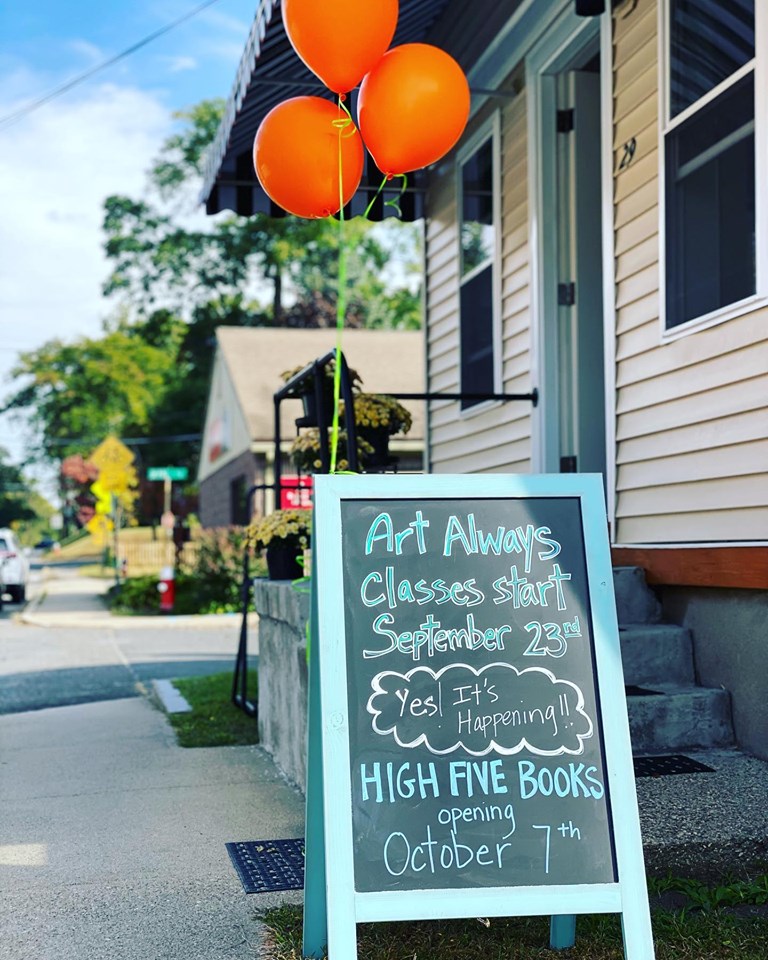


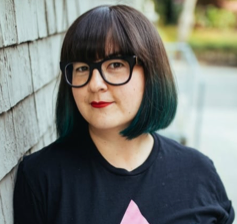
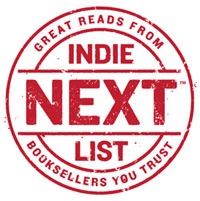 Last Thursday, the American Booksellers Association's e-newsletter edition of the Indie Next List for October was delivered to more than half a million of the country's best book readers. The newsletter was sent to customers of 146 independent bookstores, with a combined total of 555,756 subscribers.
Last Thursday, the American Booksellers Association's e-newsletter edition of the Indie Next List for October was delivered to more than half a million of the country's best book readers. The newsletter was sent to customers of 146 independent bookstores, with a combined total of 555,756 subscribers.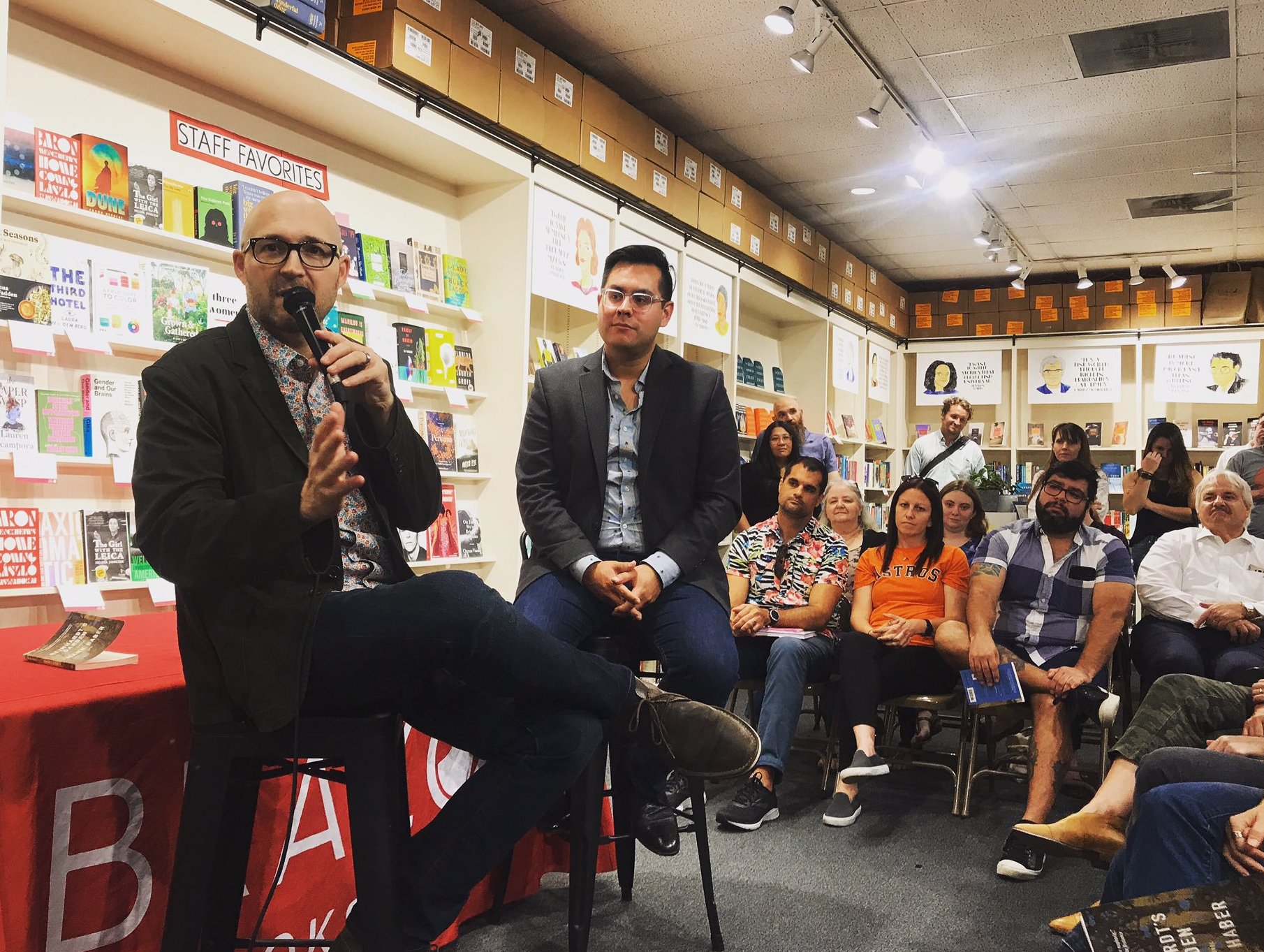 Brazos Bookstore
Brazos Bookstore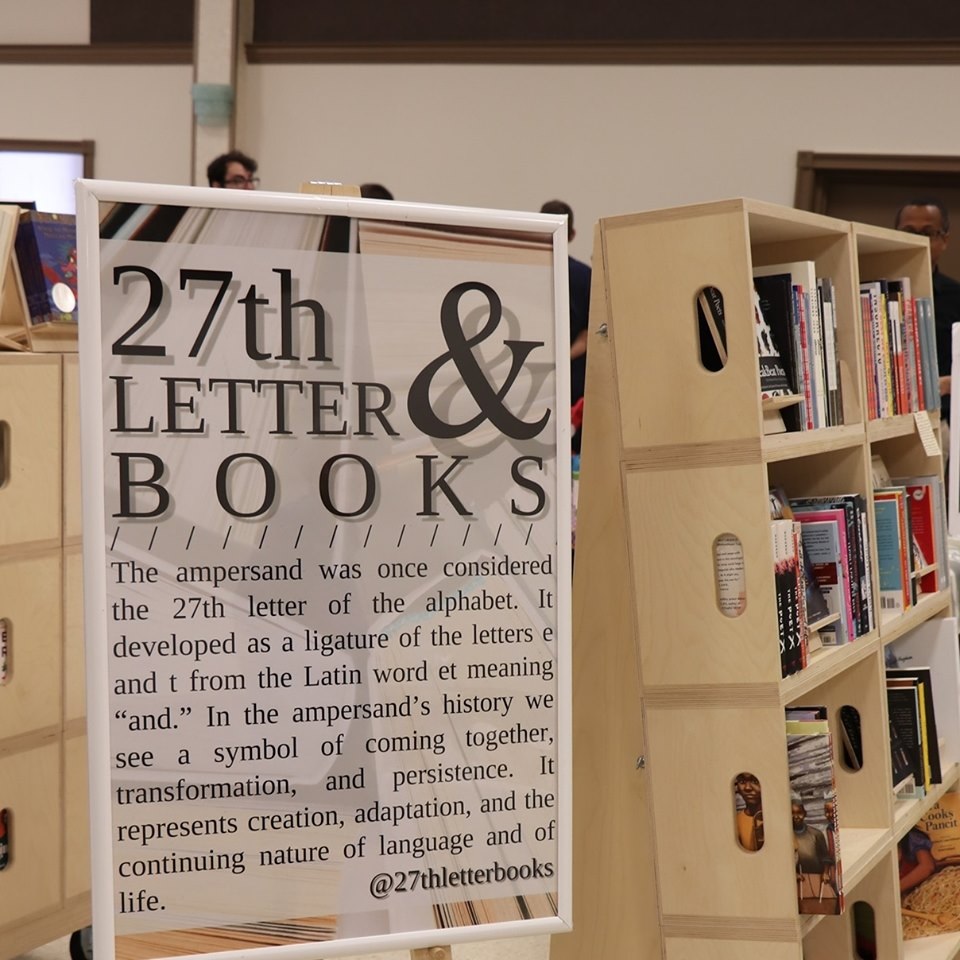
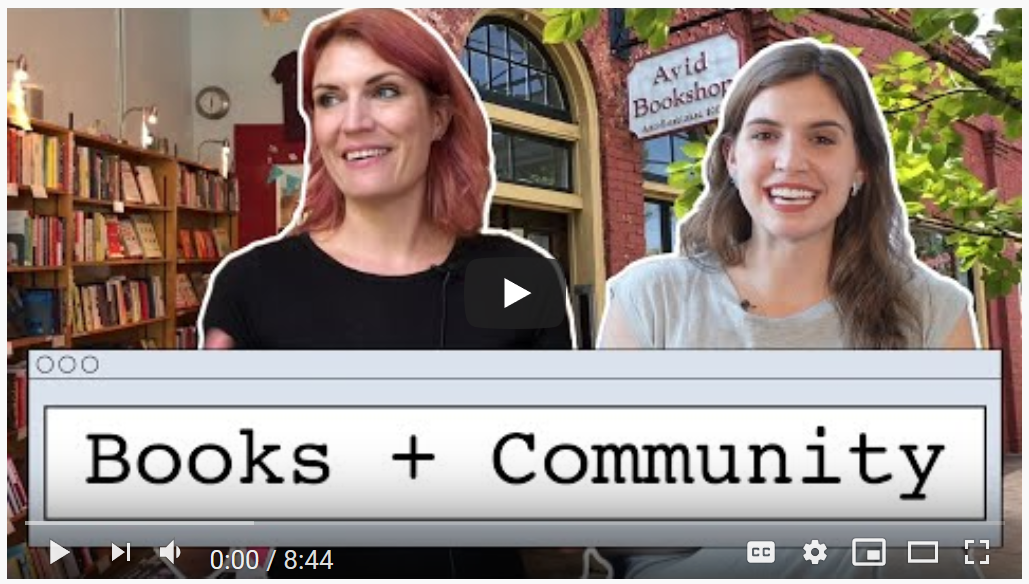
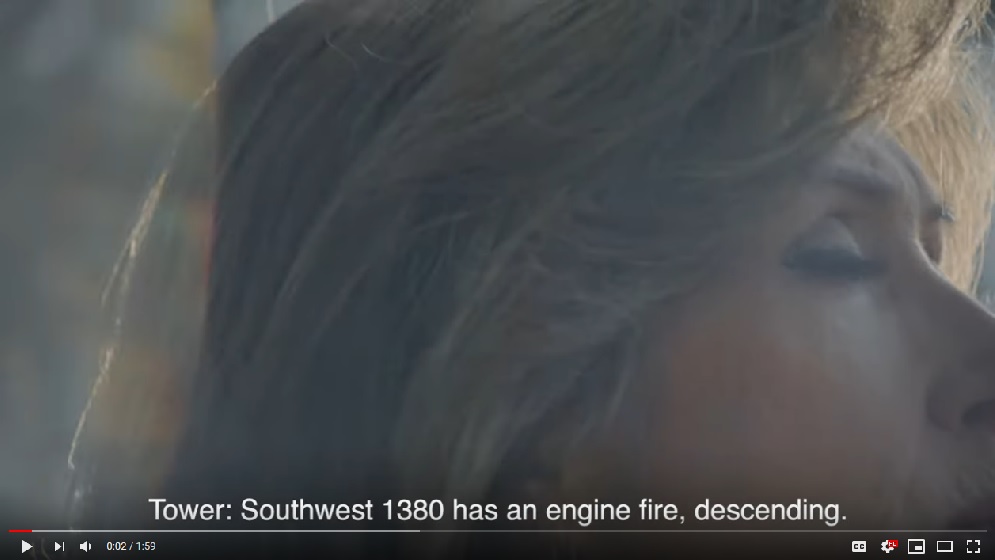 Nerves of Steel: How I Followed My Dreams, Earned My Wings, and Faced My Greatest Challenge
Nerves of Steel: How I Followed My Dreams, Earned My Wings, and Faced My Greatest Challenge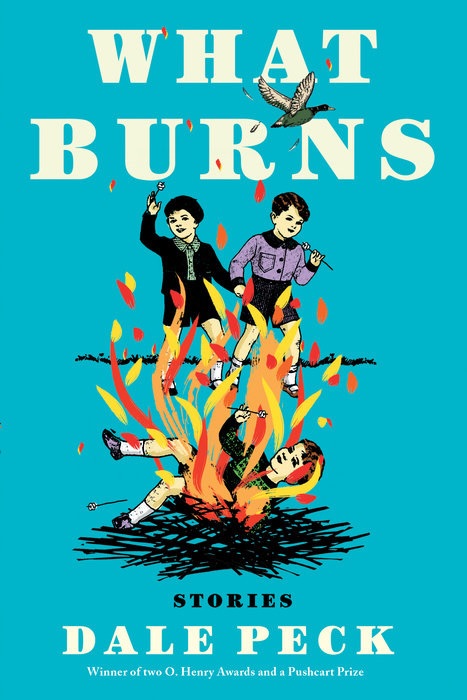 Though he once was best known for a ferocious reviewing style that produced a collection entitled Hatchet Jobs, Dale Peck's literary career hasn't been confined to criticism. What Burns, his first volume of short fiction, explores some of life's darker corners in eight well-crafted tales written over the past 20 years. The stories here are sturdily constructed, suggestive of the "massive wooden joist spanning the house's central axis" in the story "Summer Beam, pt. 1."
Though he once was best known for a ferocious reviewing style that produced a collection entitled Hatchet Jobs, Dale Peck's literary career hasn't been confined to criticism. What Burns, his first volume of short fiction, explores some of life's darker corners in eight well-crafted tales written over the past 20 years. The stories here are sturdily constructed, suggestive of the "massive wooden joist spanning the house's central axis" in the story "Summer Beam, pt. 1."